Nicolas Maduro Did Not Steal the Venezuelan Election
VICE
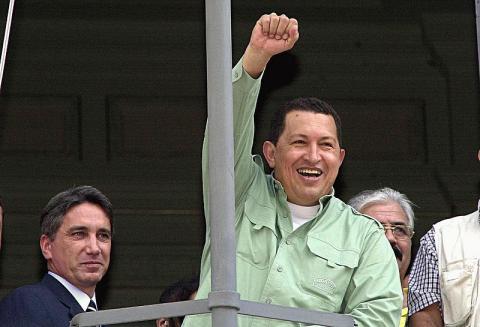
The Venezuelan election was nearly stolen – by the US-backed anti-Chávistas. How? That’s what Chávez wanted Maduro to find out from me: how could US operatives jerk with Venezuela’s voter rolls? It wasn’t a mere policy question: they knew Chávez wouldn't be allowed to survive through another coup. My answer: They could steal the vote the same way Bush did it in Florida – in fact, using the very same contractor. Take a look at these documents.

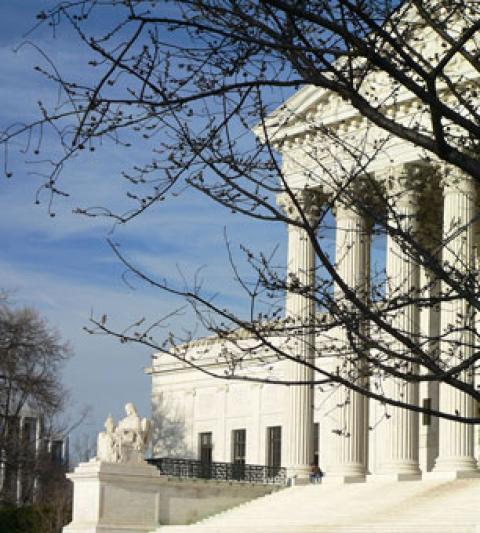

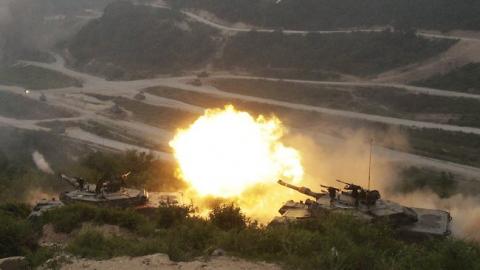

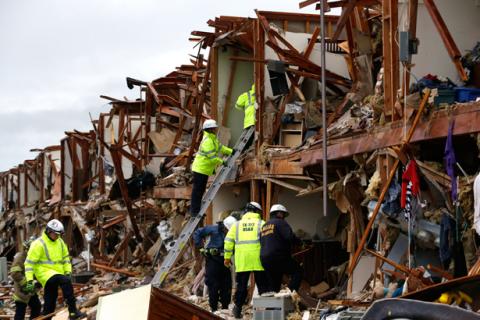
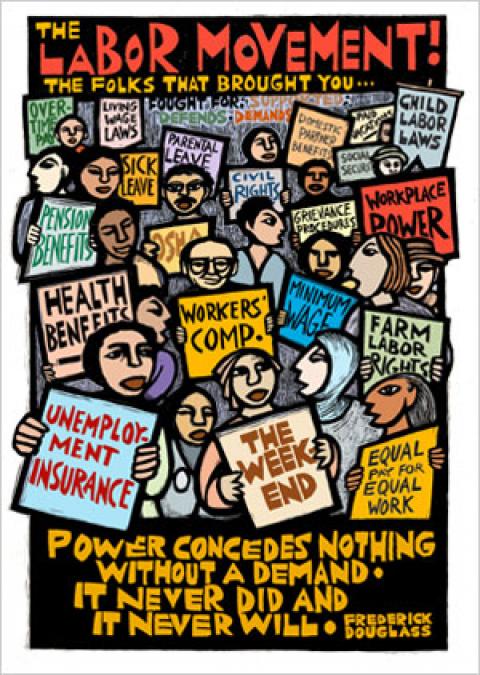

Spread the word